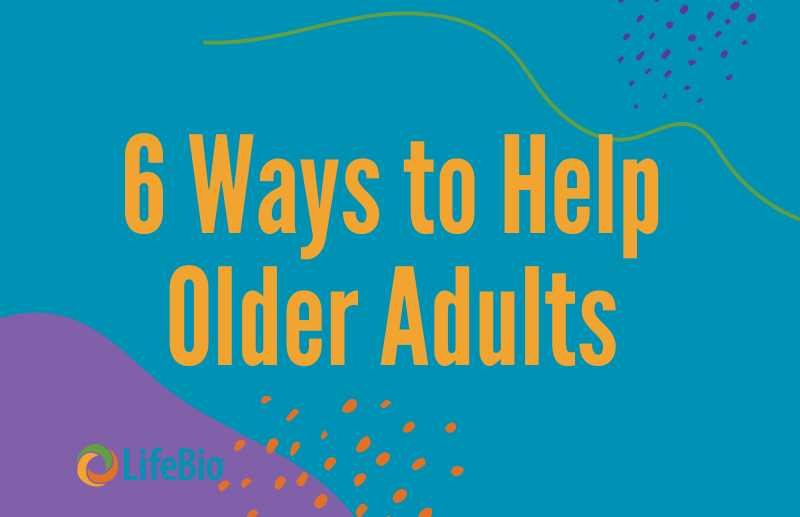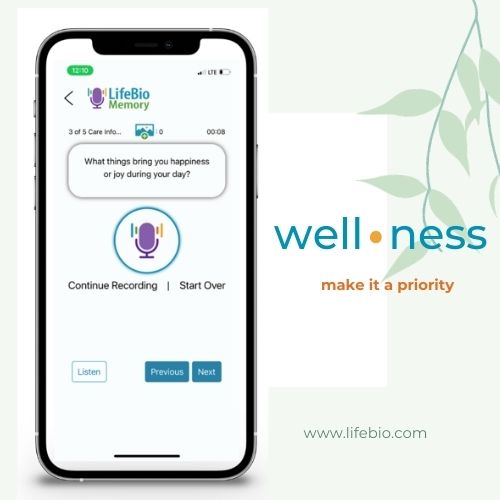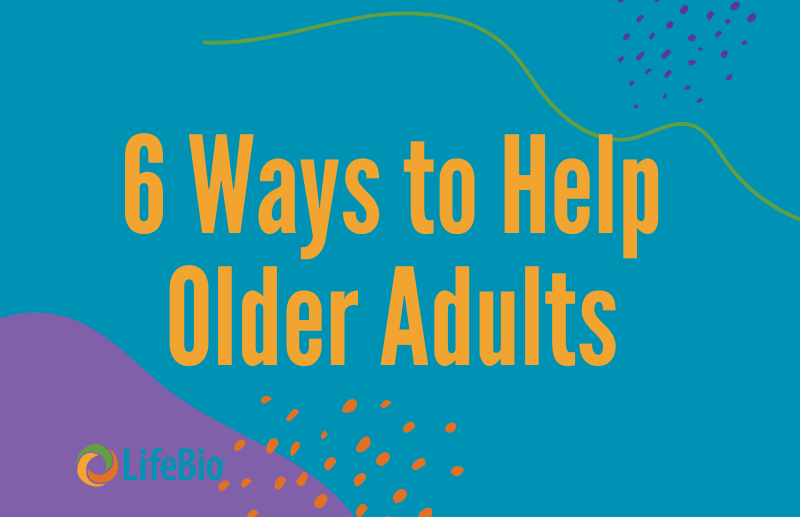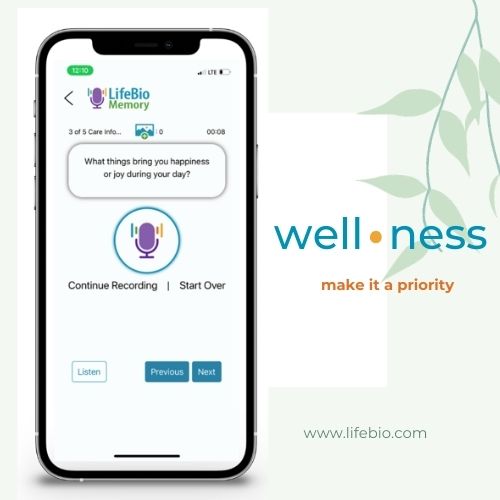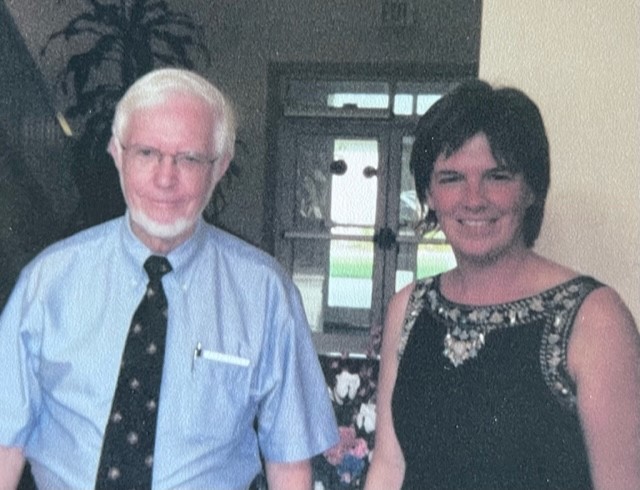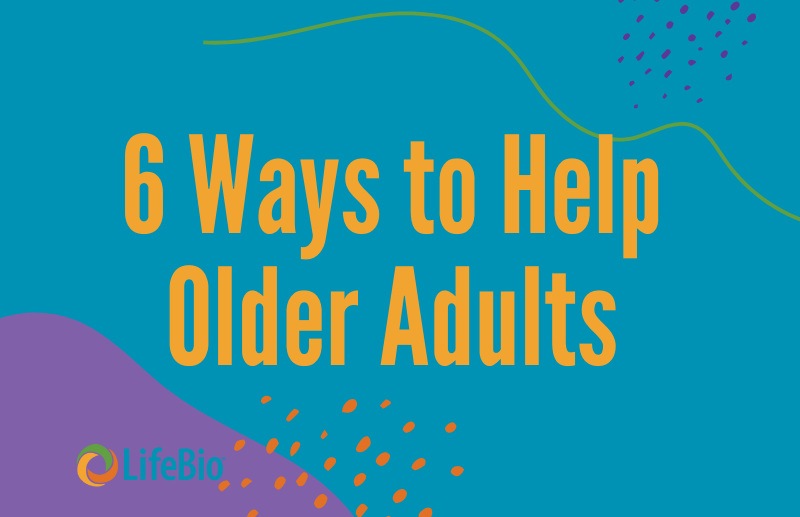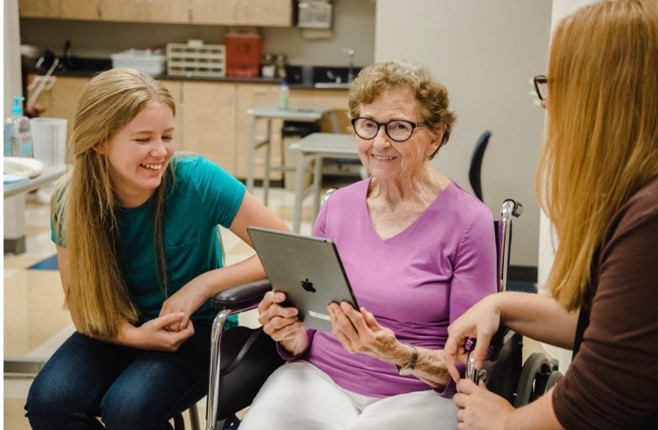This innovative app serves as a bridge to better care and deeper connections by capturing and sharing background, memories, and care preferences. By providing personalized insights an by generating Life Story Books, Snapshots, and Action Plans supported by AI, the app significantly reduces depressive symptoms and boosts care staff efficiency.
READ MORE
Usability of an at-home tablet-based cognitive test in older adults with and without cognitive impairment | BMC Digital Health | Full Text
Mobile device-based cognitive screening has the potential to overcome the limitations in diagnostic precision and efficiency that characterize conventional pen and paper cognitive screening. Several mobile device-based cognitive testing platforms have demonstrated usability, but the usability of take-home mobile device-based cognitive screening in typical adult primary care patients requires further investigation.
Methods
This study set out to test the usability of a prototype mobile device-based cognitive screening test in older adult primary care patients across a range of cognitive performance. Participants completed the St. Louis University Mental Status Examination (SLUMS) and then used a study-supplied mobile device application at home for 5 days. The application presented 7 modules lasting approximately 15 min. Participants completed the System Usability Scale (SUS) after using the application.
Results
A total of 51 individuals participated, with a median (IQR) age of 81 (74–85) years. Cognitive impairment (SLUMS score < 27) was present in 30 (59%) of participants. The mean (95% Confidence Interval [CI]) SUS score was 76 (71–81), which indicates good usability. Usability scores were similar across ranges of cognitive impairment. A Lower SLUMS score predicted early withdrawal from the study with an area under the receiver operating characteristic curve (95% CI) of 0.78 (0.58–0.97).
Conclusion
Take-home mobile device-based cognitive testing is a usable strategy for many older adult primary care patients. Depending on patient preferences and abilities, it could be part of a flexible cognitive testing and follow-up strategy that includes mobile device-based testing in healthcare settings and pen-and-paper cognitive testing.
READ MORE
The cold, short days of winter can feel isolating to the older adults around us. Here are 6 ways you can help the older adults in your life combat loneliness.
READ MORELifeBio impacts wellness and helps people create a care plan and a LEGACY
LifeBio's reminiscence therapy touches ALL dimensions of wellness. That's why it cannot be ignored as a tool to use with people living at home, in senior living, assisted living, nursing homes, or with those who have memory challenges. Besides unlocking a fascinating story, it leads to an amazing opportunity for engagement.
Here is how LifeBio impacts wellness:
LifeBioBRAIN: Cognitive Screening Prototype for Alzheimer's or Other Forms of Dementia
A study conducted at the Brown Medicine Geriatrics Practice established that a geriatric primary care population with mild cognitive impairment or dementia found the LifeBioBRAIN (LBB) cognitive screening prototype usable. The study also demonstrates the usability of cognitive testing on a take-home device in a geriatric primary care setting. This work was funded by the National Institute on Aging SBIR program. The app is not yet in market; further clinical trials and advancements in scoring are ahead.
READ MOREThere was No One Else Like Richard
How can I possibly write about what Dr. Richard Lyon Morgan meant to me? It has been more than a year since he passed away and I still haven’t been able to write about him. So today is the day.
READ MORE6 Ways to Help Older Adults
The cold, short days of winter can feel isolating to the older adults around us. Here are 6 ways you can help the older adults in your life combat loneliness.
READ MOREReminiscence Therapy- The Treatment of Storytelling
Did you know that you can provide feelings of comfort and safety to a loved one with dementia or other forms of memory loss simply by asking questions or discussing things about their past? It's called reminiscence therapy, and it's easy and effective!
READ MORE


